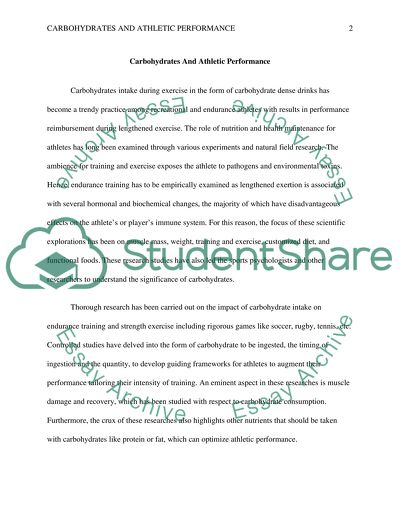Cite this document
(“Carbohydrates and athletic performance Research Paper”, n.d.)
Retrieved from https://studentshare.org/health-sciences-medicine/1403865-carbohydrates-and-athletic-performance
Retrieved from https://studentshare.org/health-sciences-medicine/1403865-carbohydrates-and-athletic-performance
(Carbohydrates and Athletic Performance Research Paper)
https://studentshare.org/health-sciences-medicine/1403865-carbohydrates-and-athletic-performance.
https://studentshare.org/health-sciences-medicine/1403865-carbohydrates-and-athletic-performance.
“Carbohydrates and Athletic Performance Research Paper”, n.d. https://studentshare.org/health-sciences-medicine/1403865-carbohydrates-and-athletic-performance.


